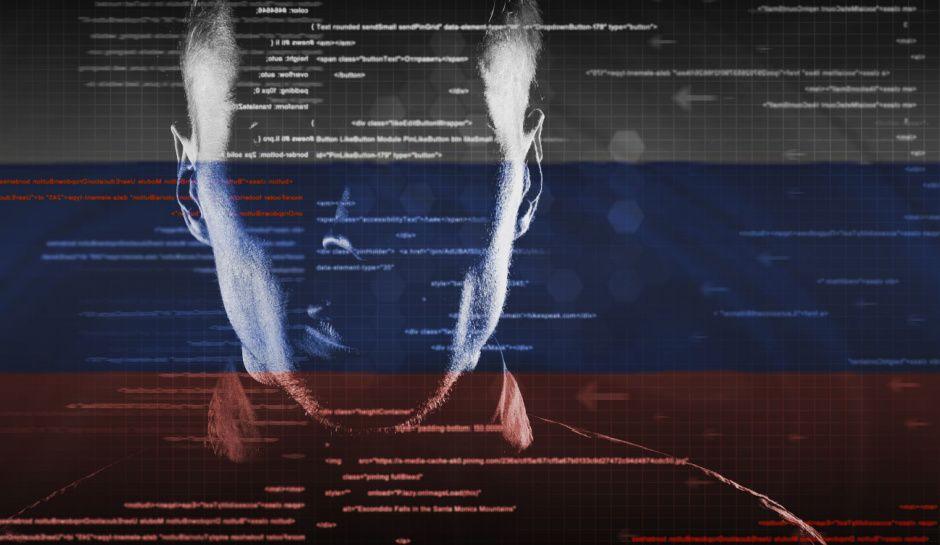- Russia Considers Mandatory Online Age Verification
- Internet users must prove their age to access over 18 content
- The move echoes similar laws enforced in the UK and US
Mandatory age verification arrives everywhere, with Russian lawmakers becoming the latest to consider age-restricting online content.
On October 21, a member of the Russian Chamber of Citizens, Yevgeny Masharov, proposed a plan to force all Internet users to prove their age. This would involve using their passport data, driving license or bank details to access online content intended for an 18+ audience.
Like similar laws enforced across Western nations, the move stems from an attempt to protect minors from harmful content. Yet experts have long argued that age verification can negatively impact people’s rights to freedom of expression, access to information, privacy and digital security.
For Russian lawmakers, however, the risk is certainly worth the trouble — and adult-only content appears to be just the beginning.
In another message to Gazeta.Ru, Deputy Chairman of the State Duma Committee on Information Policy, Information Technology and Communications, Andrei Svintsov, also said that Russians are set to lose their anonymity on the Internet within the next three years, five at the most.
“That is, every Internet user will register with some specialized identifier that will verify their age and other necessary access rights,” Svintsov said. “I think the time has come to introduce something similar to cleanse all social networks and platforms of these bots and the seemingly unlimited amount of content generated.”
Russians lose their internet anonymity – what’s at stake
When mandatory age verification landed in the UK and US, it was met with fierce debate.
On the one hand, citizens and security experts alike were concerned that sharing their most sensitive personal information could compromise their privacy and leave them vulnerable to data leaks and identity theft.
Digital rights campaigners also warned that a vague definition of “legal but harmful content for minors” will lead to greater online censorship, which could hinder people’s rights to freedom of expression and access to information.
In a country like Russia, where Internet censorship is among the strictest in the world, such a risk is even stronger. This is especially true given that, as Masharov explained to RIA Novosti, adult-only content will also include videos from bloggers featuring foul language, scenes of violence and propaganda for antisocial behavior.
Speaking to TechRadar, Russian cyber lawyer and expert at RKS Global, Sarkis Darbinyan, explains that Russia has long used the argument of protecting children as a pretext to implement more stringent information and privacy control practices.
“Internet censorship in Russia started in 2012 with the first law on the protection of children from harmful information. This essentially opened a Pandora’s box, which ultimately led to an incredible expansion of the list of reasons for blocking Internet sites and the establishment of total state online censorship,” Darbinyan said.
The Kremlin began its quest to de-anonymize data for each user eight years after the adoption of Putin’s strategy for the development of the information society until 2030, Darbinyan explains.
“And now, following the example of Western countries that have taken this dangerous and false path, Russian authorities are seeking to completely close the loop on laws that already impose numerous restrictions on private and anonymous communication online,” Darbinyan added.
Can a VPN help?
Motivated by their concerns, people in the UK and US have flocked to the best VPN apps as a way to bypass mandatory age checks – pushing lawmakers in Michigan and Wisconsin to consider VPN-blocking obligations in their age verification proposals.
The Kremlin is already in an ongoing battle to crack down on VPN use across the country, with a law passed in March 2024 even criminalizing the dissemination of information on how to circumvent internet restrictions.
Although their use is not completely banned, increasingly sophisticated VPN blocking techniques mean that many services can be blocked or throttled.
Now a law against ‘extremist’ content browsing passed last July also makes using a VPN to access that content a crime as an aggravating factor.
“For people in the West, VPNs are a short-term escape from the law. For people in Russia, VPNs are a true tool for civil protest,” Darbinyan said, pointing out that Roskomnadzor received about $1 billion at the beginning of the year to fight VPNs.
It’s only fair to believe, then, that an age-controlled and de-anonymized Internet in Russia will come hand in hand with a fresh new crackdown on circumvention tools.
Still, “This war has already begun,” Darbinyan said. “A separate initiative to verify age will not make things worse. Russian censorship has become very aggressive even without this.”



